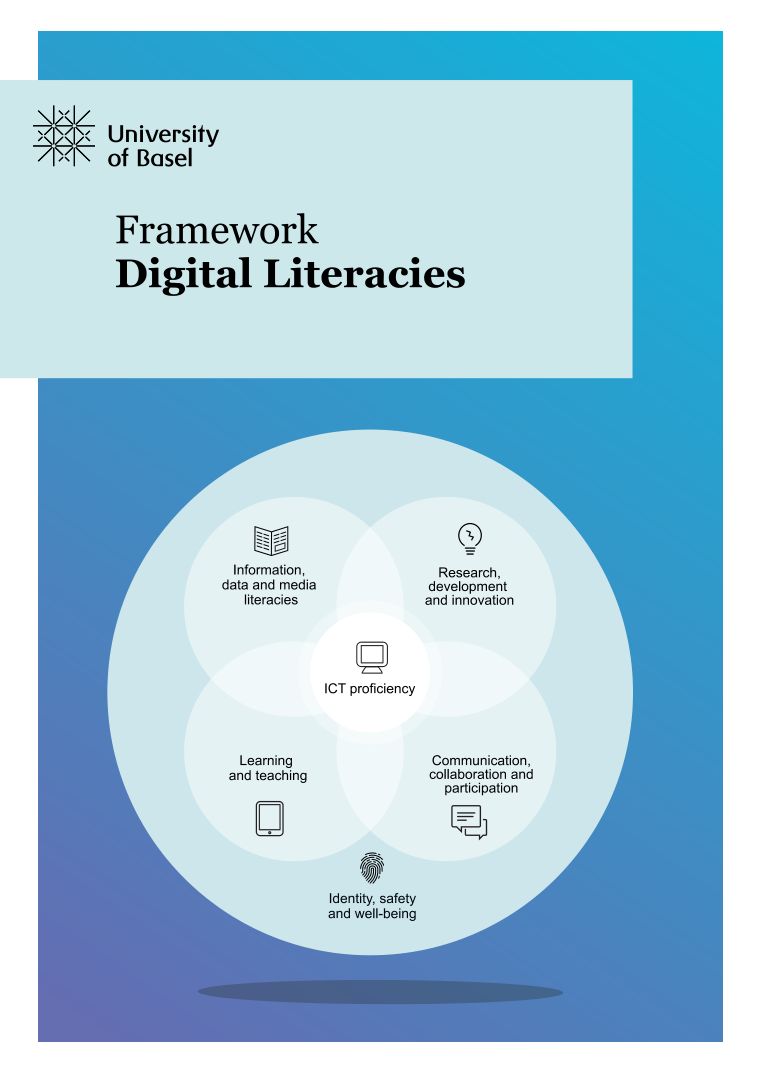Literacy area 4
Communication, collaboration and participation
The Internet is a technology that is increasingly used not primarily to spread messages in a unilateral way, but to support communication and to enhance the exchange and circulation of data and information. The cost of spreading data and information by way of text and figures, audio and video decreases.
In consequence, more people can connect, exchange and share information in open digital environments. This enables new forms of collaboration, including over very long distances, as indicated by the growth of collaborative projects such as open software development and online encyclopedias.
Literacy in this area means the capacity to take part in the emerging culture of exchange and collaboration made possible by digital environments.
Concretely, literacy in digital communication means the capacity to:
- communicate effectively in digital media and spaces, such as text-based forums, online video, audio and social media;
- design digital communications for different purposes and audiences;
- respect others in public communications;
- maintain privacy in private communications;
- identify and deal with false or damaging digital communications;
- pay attention to the varieties of communication norms and needs with a view to promote inclusion and accessibility.
Literacy in digital collaboration means the capacity to:
- participate in digital teams and working groups;
- collaborate effectively using shared digital tools and media;
- use shared productivity tools to create content;
- work effectively across cultural, social and linguistic boundaries.
Literacy in digital participation means the capacity to:
- participate in, facilitate and build digital networks;
- participate in social and cultural life using digital media and services;
- create positive connections and build personal contacts;
- share and amplify messages across networks;
- behave safely and ethically in networked environments;
- appreciate how digital media and networks influence social behaviour.
Legal notice
The above description is adapted from the «Digital Capabilities Framework» of the British organisation JISC. The adaptation has been realized by the Educational Technologies of the University of Basel within the context of the project Digital Literacies.
The text on this page is licensed under the Creative Commons License «Attribution-Non-Commercial-ShareAlike» (CC BY-NC-SA). You can find more information on the web site of the Creative Commons Foundation.

